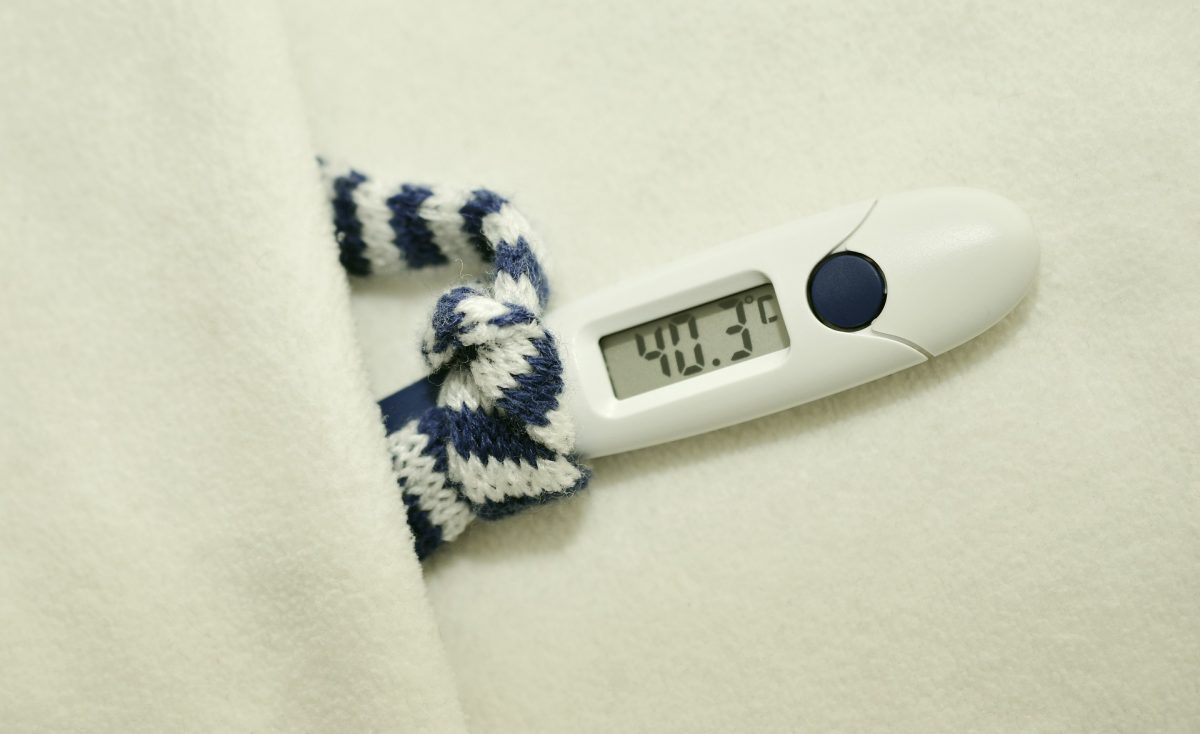Adult Fever: When Should You Seek Emergency Help?

Typically, adults don’t worry about fevers, unless their child is sick. However, kids aren’t the only ones who get fever. Similar to childhood fevers, most adult fevers are harmless and short-lived.
It can be draining when your body temperature spikes and it is followed by waves of chills. This familiar roller coaster experience of symptoms usually point in one direction – the onset of a fever.
More than just a symptom of an infection or illness, a fever can be a friend. You might have heard that a mild fever is an indication that your immune system is doing a good job. It ensures that your immune system is taking proper action in defending your body against an offending bacteria or virus.
At times, however, a prolonged fever merit attention, as it may be a symptom of a serious illness. A fever may pose a real threat to health in some extreme cases and may warrant a trip to your local emergency room in Corpus Christi, TX.
Is it a fever?
For an adult, the average normal body temperature is 37°C or 98.2°F. Medical professionals agree that a temperature of more than 38°C or 100.4°F is a sign of fever. Note that the body temperature is different throughout the day; it is normally higher in the afternoon.
What causes it?
Those who have a fever typically have an unwelcome bacteria or virus. Once your body detects an intruder, it triggers cellular mechanisms that helps your body fight the infection. Your internal thermostat resets, and your body temperature rises gradually. This makes life a bit harder for the invading virus or bacteria.
Other possible causes of fever include cancer, reactions to certain medications or drugs, or some inflammatory conditions like Still’s disease or rheumatoid arthritis.
Treatment
Most fevers resolve on their own after a few days. However, you can take steps to speed your recovery.
- Normally, fevers can be brought down by common medications for pain like acetaminophen or ibuprofen.
- Hydrate. Drink lots of liquids like fruit juices and water. This will help prevent dehydration and will cool you down from the inside.
- Rest. Listen to your body and stay home to rest. Subjecting yourself to stress will postpone your recovery.
- Stay cool. Dress comfortably and reduce the temperature of your home.
When should you seek medical help?
Call your doctor if:
- Your fever lasted for more than 3 days.
- Your temperature rises above 103°F.
- You experience chest pain or difficulty breathing along with fever symptoms.
When should you go to the emergency room?
A fever can be a medical emergency. Go to your nearest emergency room in Corpus Christi, TX right away if:
- Your fever is accompanied by nausea, headache, a stiff neck, confusion, or a rash. You may have meningitis.
- You were exposed to very high temperatures and experiencing confusion, a rapid heartbeat, or dizziness – you may be experiencing a heat stroke.
- Your fever is high and is accompanied by diarrhea, vomiting, tiredness, headache, dizziness, and confusion – you may be experiencing Toxic Shock Syndrome.


